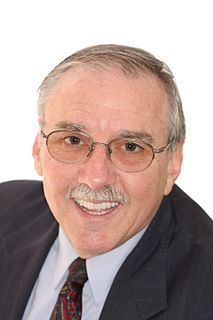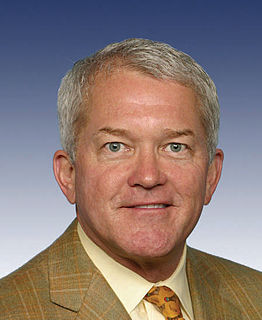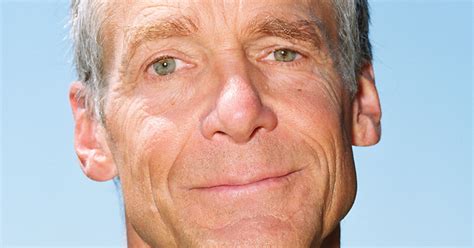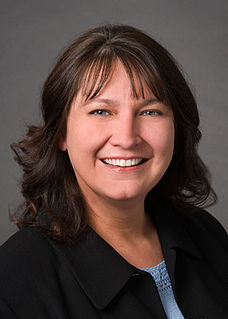A Quote by Dana Goldstein
The first generation of school reformers I talk about - nineteenth century education reformer Horace Mann, Catharine Beecher - they are true believers in their vision for public education. They have a missionary zeal. And this to me connects them a lot to folks today, whether it's education activist Campbell Brown or former D.C. public schools chancellor Michelle Rhee. It's a righteous sense, a reform push that's driven by a strong belief in a particular set of solutions.
Quote Topics
About
Activist
Belief
Believers
Brown
Campbell
Century
Chancellor
Connects
Driven
Education
Education Reform
First
First Generation
Folks
Former
Generation
Lot
Me
Michelle
Missionary
Missionary Zeal
Nineteenth Century
Particular
Public
Public Education
Public School
Public Schools
Push
Reform
Reformer
Reformers
Righteous
School
Schools
Sense
Set
Solutions
Strong
Talk
Them
Today
True
True Believer
Vision
Whether
Zeal
Related Quotes
Education is the key to perpetuation of the [god] virus for the Taliban, Baptist or Catholic. If the virus cannot control public education, it will seek to divert resources from public coffers to fundamentalist school funding. From the madrassa schools of Pakistan to the Christian push for school vouchers in the United States and the religious home school movement, religions seek to control education or to control the resources for education.
I would like to dissolve the $10 billion national Department of Education created by President Carter and turn schools back to the local school districts, where we built the greatest public school system the world has ever seen. I think I can make a case that the decline in the quality of public education began when federal aid became federal interference.

































